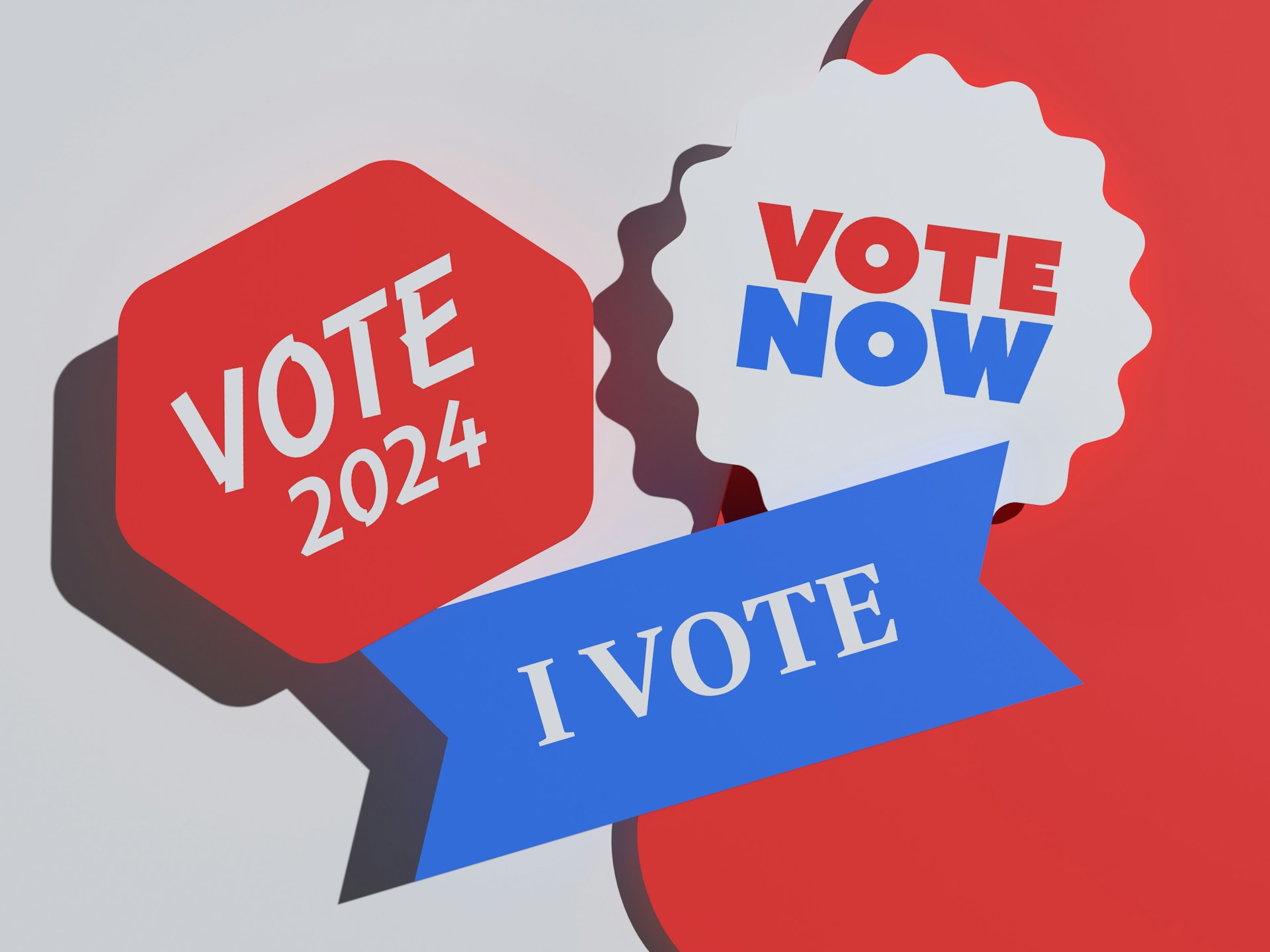A recent Axios Vibes survey by The Harris Poll reveals that nearly half of Generation Z voters—those born between 1997 and 2012—admit to lying about their voting choices. The survey, conducted just weeks before Election Day, found that 48% of Gen Z respondents had misled friends, family, or others close to them about who they planned to vote for, a number that stands at more than double the 23% of voters across all age groups who reported doing the same.
This trend among Gen Z reflects a heightened sensitivity to the intense political polarization in today’s climate, particularly as young voters feel social pressure regarding their political beliefs. The 2024 general election is especially charged, with key Senate and House races on the line and a fierce presidential contest between President Trump and Kamala Harris.
Part of the reason behind Gen Z’s hesitancy to reveal their true voting choices could stem from the backlash that Trump supporters often face. Joe Biden recently labeled Trump supporters as “garbage,” a comment that, among others, has fueled harsh rhetoric from many leaders. Biden’s campaign and Vice President Harris’s campaign frequently use divisive language, referring to Trump supporters as “fascists” or “Nazis”—a branding that likely makes some young people feel that admitting support for Trump, or any candidate seen as controversial, could alienate them from their peers or family members.
However, despite this reluctance to openly share political preferences, Trump has experienced a noticeable surge in popularity on social media platforms popular with Gen Z, such as TikTok. With the former president’s humorous and unfiltered content, he’s drawn a new, young audience who may not align fully with mainstream media portrayals. These young people are engaging with his content, sharing it, and following his messaging closely.
The Axios Vibes survey included responses from 1,858 registered voters and has a margin of error of 2.6 percentage points. Its findings underscore how Gen Z voters are navigating the complex and polarized political landscape, often opting to keep their true beliefs under wraps. This significant gap between private and public expression highlights a shift in how young Americans engage with politics and suggests that peer and societal pressure are playing an outsized role in shaping the election landscape. As Election Day approaches, it will be interesting to see if this hidden Gen Z voter base ultimately impacts results in an unpredictable election cycle.


Leave a Comment